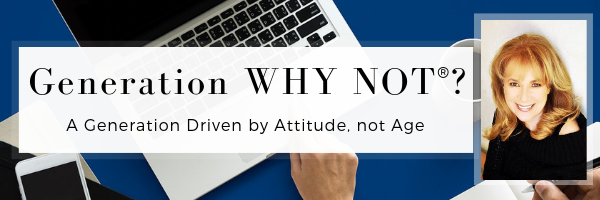What is it about the unknown? Because there is something insidious about not knowing. Film makers know this and they use it to make suspenseful movies that keep us guessing.
But while not knowing works great for the film industry it’s a difficult idea in real life and here’s why: When people don’t have information, they fill in the blanks. Oftentimes that fill-in-the-blank-info is inaccurate or at best a poor representation of the truth. When trouble is afoot, this exercise of filling in the blanks is what activates fear in individuals and the community at large.
As everyone knows there is a virus spreading around the world. In some places, that spread is moving slowly for the moment. Sadly, it has taken some lives. But to put it in perspective, it is less dangerous so far than influenza. Health officials are telling us to go on about our daily activities; to wash our hands often; to take care not to sneeze on our co-workers or anyone nearby for that matter.
That seems pretty straightforward doesn’t it? But fear, driven by the unknown, is driving a frenzied scenario that seems over the top, given what has happened so far. Just one example: We’ve sold completely out of masks all while being told that masks are no help for healthy people. The people who really need the masks can’t get one and the people who don’t need one in the first place have plenty.
That’s what fear does. It makes the stock market fall because people are afraid of losing their money. It makes us worry about not having enough in case of a pandemic. We act on what we think is happening, not what really is. Our thoughts running rampant can affect our health, positive or negative.
Interesting research according to Dr. Bruce Lipton, “A minimum of one third of all medical intervention is a placebo effect. That’s the result of positive thinking,” and not of drugs.
The flip side to the placebo effect is negative thinking, or the nocebo effect. “It’s equally powerful in regard to affecting your biology as is positive thinking, but it works in the opposite direction.”
Yes, we have a serious problem on our hands and we need all hands on deck to solve it, if we can. But as of today, Covid 19 is not the pandemic. Fear is.
Fear has its own symptoms and they can be deadly, too. Take stock and see if you have any of these:
Panic is a symptom of fear. The stock market free fall last week was fear driven. What investors believed might happen- their worst fears- actually happened because those fearful investors caused it to happen. A true self-fulfilling prophecy.
Blame is another symptom of fear. “It’s your fault” is heard a lot when people find themselves in difficult situations. Did you hear any blame over the past few weeks? Plenty.
The inability to see the truth- The numbers so far are manageable and relatively small compared with other health issues we have faced globally. Those numbers are repeated often in all kinds of media. And, yet, it is hard to hear what they actually mean over the intense feeling that we could be next. Just saying that gives me a chill up my spine. When that happens, we need to go back to what we know is true, get quiet and then act on the truth. Period.
Sickness- Fear releases cortisol and cortisol, in high enough doses, will eventually kill us. Even in small doses it can makes us sick. Again, a bit of irony. We are worried about getting sick and over-worrying causes it to happen.
But there is some good news. Unlike the Coronavirus, there is an antidote to fear. This antidote can be taken in large doses and it produces a calm in the middle of the storm. It is made up of five elements:
Intention – Let’s create the Intention of working together as a team. We are better when we work together. What about checking in on friends and neighbors to see if they need anything?
Words Matter- Let’s dialogue with each other and not at each other about how we can help solve this problem together.
Decision – A quiet mind to get clarity of the facts can focus on the real issues and solve them, all the while staying calm.
Action – We are healthier when we believe in each other and work together. Time to take action to build up our immunity and follow-up on our New Year resolutions of exercising, eating healthy, more sleep and all the other healthful things we know we can implement.
Belief– There is something about believing that better days are ahead and that lifts our spirits and helps us ward off disease.
So, yes, let’s do wash our hands often. Yes, let’s stay abreast of the facts of this seemingly growing health issue. But let’s also stay positive and remind ourselves often about what’s true. Because truth stops fear cold in its tracks. It always has and it always will.


